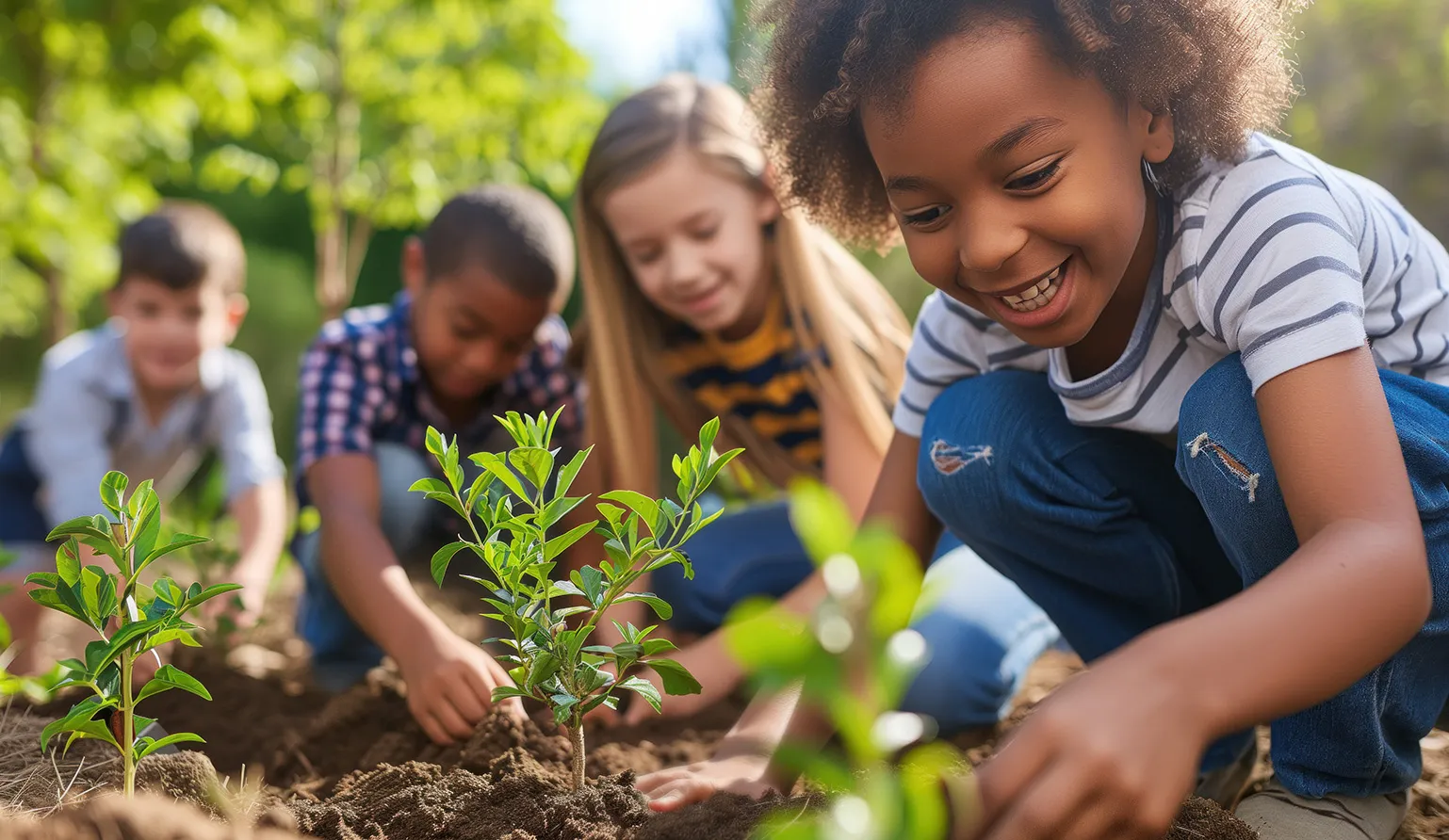News Releases
IR News Releases
We are the KIRIN Group.
KIRIN brings joy to society by crafting food and healthcare products inspired by the blessings of nature and the insights of our customers.
Under the Kirin Group Vision 2027, our long-term business vision, we have positioned CSV as the core of our management and aspire to become a global leader in CSV by creating value across Food & Beverages to Pharmaceuticals.
“Joy brings us together.”
This watchword is instrumental in empoweringthe KIRIN Group to gear up for future demands.
At KIRIN, we staunchly believe that individual happiness paves the way to wide-ranging joy and ultimate happiness for all.
We would like to share with you the current and future initiatives of the Kirin Group and the thoughts of our employees to bring joy to society and the insights of our customers.
Brands
We promote “Customer-centric marketing” that always prioritizes our customers' happiness and satisfaction. We are expanding our brand globally in each business area.

Innovation
The Kirin Group's sources of innovation are “R&D” based on “fermentation and biotechnology” that we have continued to refine through our core beer business, as well as “People & Culture (human capital),” “marketing capabilities,” and “digital transformation.” We aim to achieve our “Long-Term Vision KV2027 ”, by leveraging these four sources of innovation as our strengths.

Sustainability
In order to realize a sustainable society, the Kirin Group is implementing sustainable business through CSV management.

Investors
We provide information including our management policy, financial information, corporate governance, other IR materials, share-related information and sustainability-related information.

Careers
We provide information on Kirin Holdings Co., Ltd.'s new graduate recruitment, internships, mid-career recruitment, recruitment of people with disabilities, and recruitment at our group companies.










